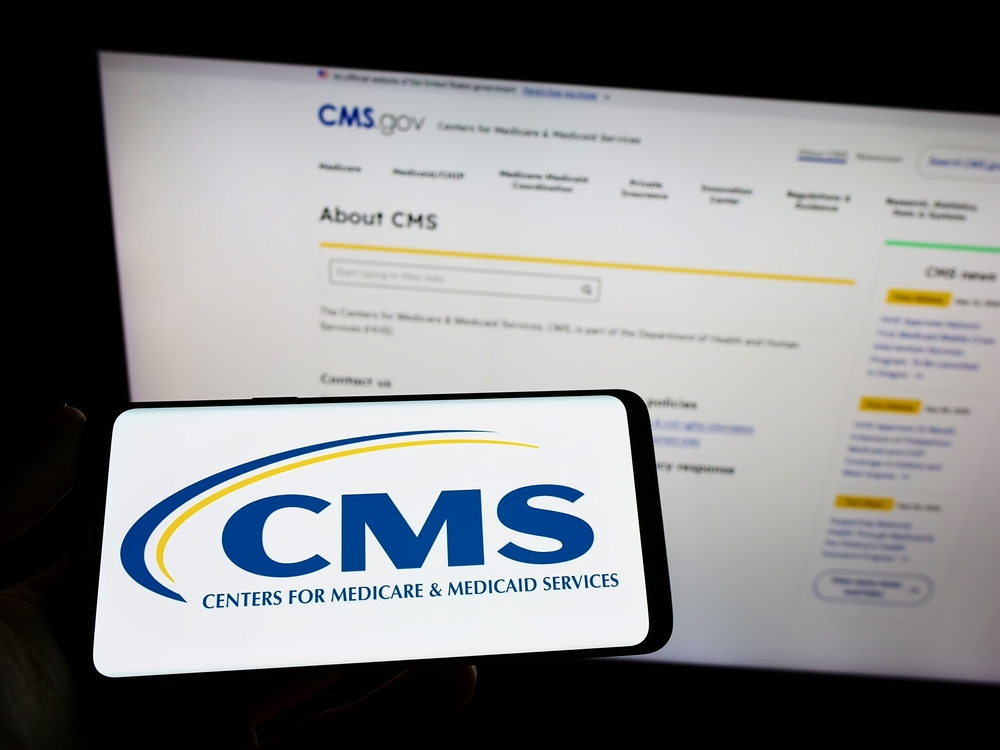Story by Connor Danielowski / September 2, 2025

CMS has released its 2026 Medicare Physician Fee Schedule (PFS) Proposed Rule, and the direction is clear: virtual care management is here to stay. The proposals touch multiple areas of chronic and remote care, including Remote Patient Monitoring (RPM), Remote Therapeutic Monitoring (RTM), Behavioral Health Integration (BHI), and new billing opportunities for FQHCs and RHCs.
One of the most significant proposals addresses the long-standing 16-day requirement. CMS is suggesting new code options that would allow reimbursement for shorter monitoring windows and for smaller increments of staff time. Specifically:
These updates indicate CMS’s recognition that even limited data collection and engagement can have clinical value. They also reinforce RPM as a long-term service meant to continue while medically necessary.
For background: NIH research on RPM outcomes.

For community health centers, CMS is proposing to unbundle G0512 and align it with PFS-equivalent codes, similar to how G0511 was handled in 2025.
This would give FQHCs and RHCs access to new add-on billing opportunities, particularly around behavioral health integration. If finalized, these changes would expand care management options for rural and underserved populations.
See how CCS supports value-based care for RHCs and FQHCs.
RTM, a newer service category, is also set to gain flexibility. CMS is proposing:
This mirrors the RPM proposals and highlights CMS’s belief that non-physiologic data can be just as valuable in guiding patient care. To support future payment decisions, CMS is inviting providers to submit outcome and cost-savings data tied to RTM.
For reference: CMS Chronic Care Management Overview.

Submit comments: Federal Register – CMS Proposed Rule 2026.
The 2026 proposals send a clear signal: CMS intends to strengthen reimbursement pathways for virtual care management, while giving providers more flexibility in how services are delivered and documented.
From relaxing the RPM 16-day requirement to expanding RTM and providing new billing options for FQHCs and RHCs, these updates could meaningfully impact the way practices approach patient management between office visits.
At Chronic Care Staffing, we see these proposals as validation of the work we do to support providers and their patients — improving outcomes through consistent, proactive engagement.
CMS is proposing new codes that allow billing for 2–15 days of monitoring and 10–20 minutes of staff time, giving providers more flexibility.
They would unbundle G0512, aligning it with PFS-equivalent codes and opening new billing opportunities for care management and behavioral health integration.
New codes would allow billing for shorter monitoring windows and staff time, similar to the RPM updates.
The final rule will be released in November 2025, with changes effective January 2026.
